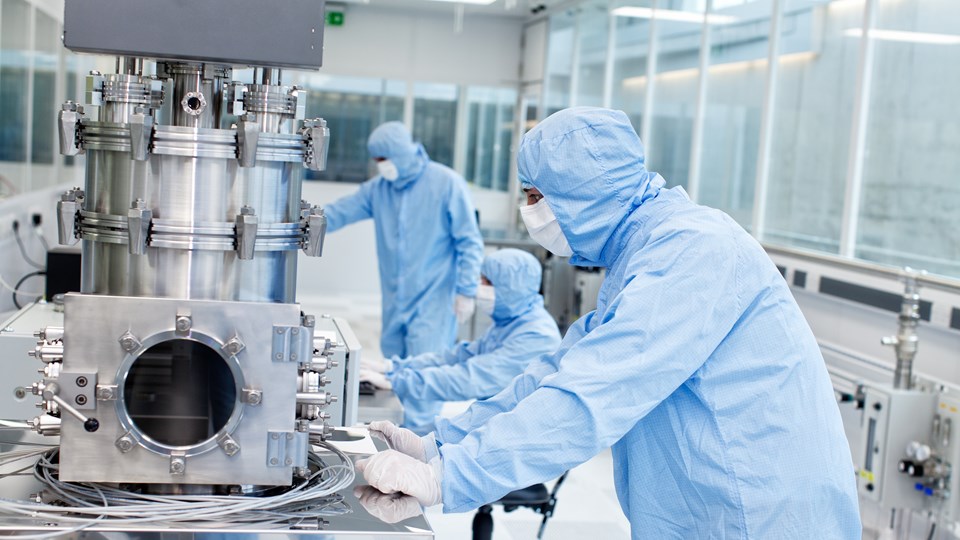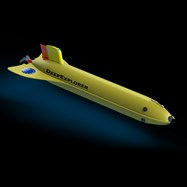EU and UK investments supporting the development and application of graphene
The European Union has invested €54 million into a Graphene Flagship project involving Nobel Prize-winning scientists at the University of Manchester and will be investing a further €50 million a year from 2016.

University of Manchester physicist Konstantin Novoselov received one of the first European Research Council starting grants to investigate the ‘Physics and Applications of Graphene’, following his discovery, with Andre Geim, of the revolutionary material in 2004. Both went on to win the 2010 Nobel Prize for Physics for this work.
The ground-breaking work on graphene at Manchester led to the establishment of the National Graphene Institute (NGI) at the University, which was officially opened in March 2015 and is part of a wider £90 million UK government investment in graphene. The European Regional Development Fund provided £23 million in support of the UK government’s £38 million investment in the NGI. Alongside this, the European Commission has invested €54 million into a Graphene Flagship project and will be investing a further €50 million a year from 2016. The Universities of Manchester, Cambridge, Nottingham, Oxford and Sheffield, University College London, Queen Mary University London and Imperial College London are all partners in the Flagship project.
Graphene is the world’s thinnest material – one million times thinner than a human hair – yet 200 times stronger than steel. It has the potential to potential to revolutionise the electronics industry and has applications in energy, medicine, technology and transport.
The Graphene Flagship represents a new form of joint, coordinated research forming Europe's biggest ever research initiative. The aim is to bring together academic and industrial researchers to take graphene from academia to society within 10 years - thus generating growth, new jobs and new opportunities.
-
Adam Clarke
adam.clarke@russellgroup.ac.uk
020 3816 1302
-
Stephanie Smith
020 3816 1310
 X
X


